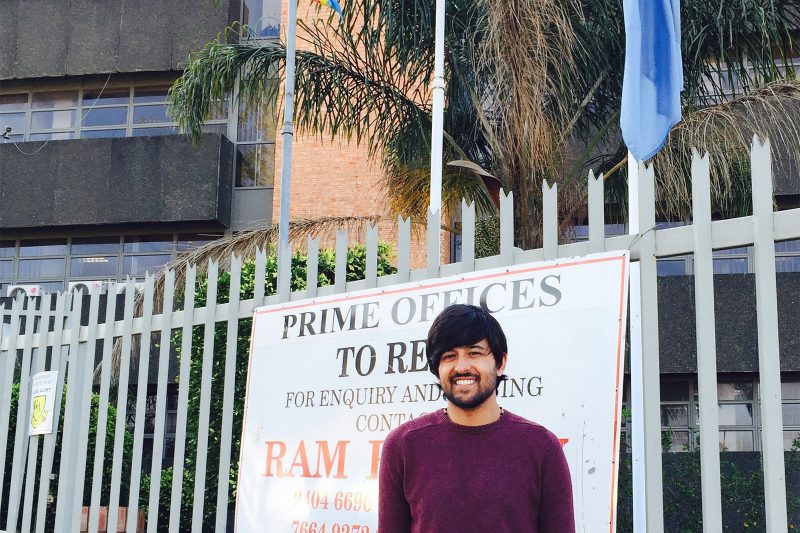What goes on behind the scenes to produce the official numbers in African government reports?
And what use are these numbers to the people they purport to describe? My summer internship with UNDP in the Kingdom of Swaziland has guided me toward meaningful answers to these questions.
Governance is a sensitive topic in Swaziland based on its political climate and history; a bit of finesse and creativity is therefore required in order to work with government institutions to address governance issues. The purpose of my project has been to come up with the statistics that are both officially produced by the government institutions and at the same time provide facts as to the actual conditions of their governance. In this way, government institutions will be more inclined to come to terms with the myriad of governance shortfalls that they themselves have identified. Already available official statistics exhibit the indirect effects of governance shortfalls: relatively high measurements of poverty, environmental degradation, unemployment, income inequality, food insecurity, and HIV/AIDS prevalence. However, I was given the opportunity to assist in uprooting the causes, in building the nation’s first indices for public service customer satisfaction, gender inequality, corruption perception, and workplace sexual harassment.
During the course of my project, I have learned several things:
- I’ve been able to see firsthand how data is often lost or corrupted in walking through the process of study design through collection, entry, and coding to data analysis. Official statistics will be reported at the end, as they must be, but how flawed are these numbers? It depends a great deal on the design of the project.
- I’ve learned how to control the flow of work in a study by setting up processes to make data collection and entry (and therefore analysis) easier, cheaper, and more reliable. One example is our initiation of sexual harassment reporting via social media, bypassing costly data collection and entry and potentially setting up a model for future studies.
- I have been picking up on the politics of numbers, the incentives and disincentives for a government to bias or even produce different statistics, and the international pressures to produce, standardize, and even divert resources toward foreign statistical concerns.
- It was surprising to witness the power of numbers and how motivating a poor measurement can be, and gratifying to think that this can be directly useful for many Swazis in the form of improved governance.
- I have been granted a great opportunity to work with government ministry and civil society partners, all who have been accommodating, dedicated, and interesting.
- Finally, I have discovered that Swaziland is an intensely beautiful country, and met people who are very welcoming, relaxed, and kind.
